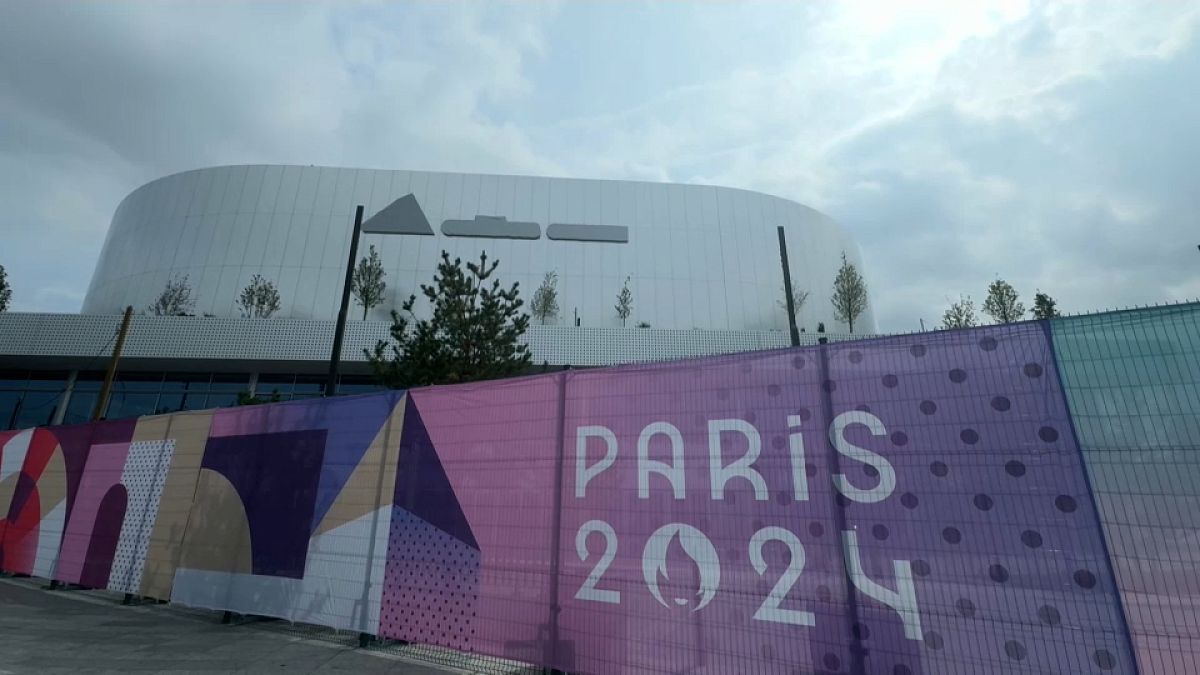The Porte de la Chapelle neighbourhood in Paris has long been associated with higher crime, drug, and poverty rates compared to other parts of the city. In preparation for the Olympic and Paralympic Games, the area underwent a significant makeover, with improved infrastructure, heightened police security, and the construction of new facilities. The €500 million urban renewal plan included the building of an 8,000-seat arena, the opening of two new gymnasiums, and the relandscaping of the main avenue with trees and bicycle lanes. Residents have noticed a positive change in the neighbourhood, with improved aesthetics and better access to sports facilities.
However, there are concerns among residents and business owners that once the Olympics are over, the improvements to the area may not be sustainable. Some worry that the heightened police presence and overall boost to the neighbourhood will fade once the tourists leave. Despite the positive changes brought about by the Olympics, there are fears that the residents may once again be neglected. Business owners like Farid, who owns a bar on Rue de la Chapelle, have seen both the benefits and drawbacks of the renovation, with the construction work affecting sales and accessibility during the process.
In the lead-up to the Olympic Games, there were accusations of “social cleansing” as up to 5,200 people, including migrants, drug users, and sex workers, were allegedly evicted and relocated from the area. Local authorities have denied these claims, stating that the relocations were part of an urban transformation to address issues of poverty and suffering. Efforts have been made to provide support and facilities for vulnerable communities, such as a help center for addicts and shelters for the homeless. The city insists that the transformation of the neighbourhood is not leaving anyone behind and is aimed at benefiting all residents in the long run.
Despite the efforts to improve the Porte de la Chapelle neighbourhood, some residents feel that more needs to be done to ensure the long-term impact of the changes. There are calls for a stronger police presence to maintain the security and cleanliness of the area. Residents believe that the authorities need to address underlying issues such as poverty and crime to prevent a return to the previous state of the neighbourhood. The construction of a new university campus in 2025 is seen as a potential positive step towards attracting more people to the area, but residents are looking for continued support and development from state and city authorities to keep the improvements sustained.
In conclusion, the transformation of the Porte de la Chapelle neighbourhood in Paris for the Olympic and Paralympic Games has brought about significant changes and improvements to the area. However, there are concerns among residents about the sustainability of these changes once the events are over. Efforts have been made to address issues of poverty and suffering, but more needs to be done to ensure the long-term impact on the neighbourhood. The authorities are urged to provide ongoing support and development to prevent a return to the previous state of the neighbourhood and to ensure the well-being of all residents.










